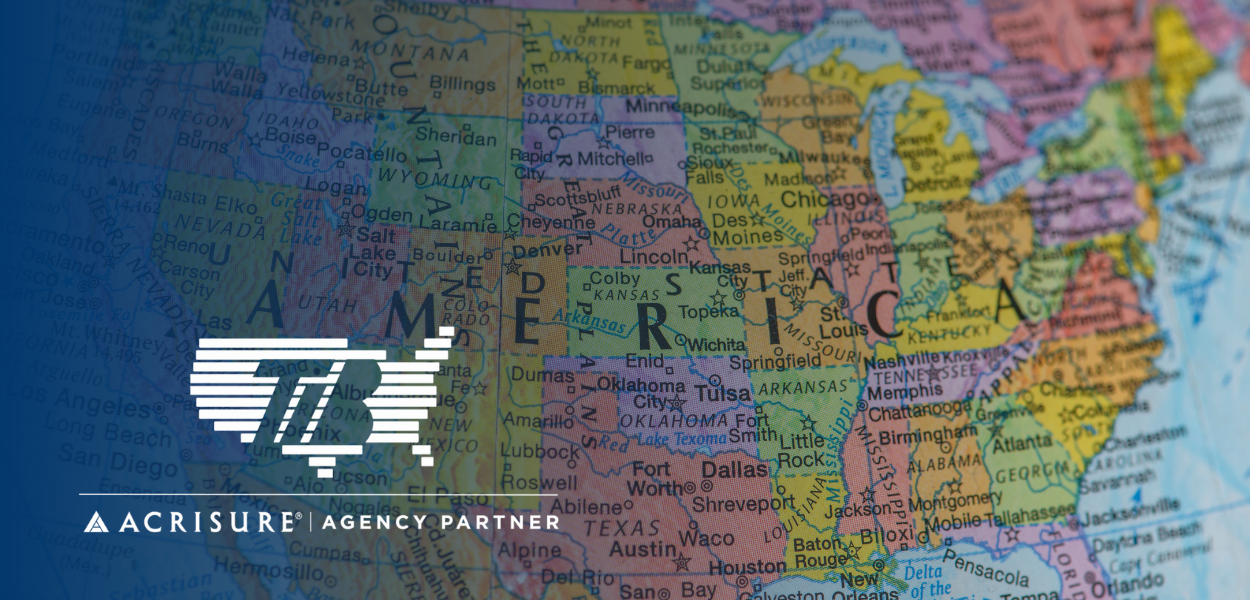In today’s interconnected world, there are numerous businesses that have employees working in multiple states. Running a business with operations spanning multiple states brings about unique challenges and considerations, one of the most prevalent being workers’ compensation. As an employer, it’s essential to understand the intricacies of workers’ compensation for employees across state lines. In this blog, we will provide insightful information on navigating workers’ compensation for multi-state businesses.
Understanding the Basics
Workers’ compensation is a type of insurance that provides benefits to employees who suffer work-related injuries or illnesses. It aims to cover medical expenses, lost wages, and rehabilitation costs, helping injured workers recover while offering financial security. The specific laws and regulations governing workers’ compensation vary from state to state, making it crucial for multi-state businesses to understand and comply with each jurisdiction’s requirements.
Determining Jurisdiction
When dealing with multi-state workers’ compensation, the very first step is to determine jurisdiction for coverage. Generally, an employee’s jurisdiction is determined by the state in which they primarily work. However, certain factors can influence jurisdiction.
Some states consider the location where the employment contract was signed when determining jurisdiction. In some cases, if an injury occurs while an employee is working out-of-state temporarily, the jurisdiction may be determined by the state in which the injury occurred. Lastly, some employment contracts include choice of law provisions, allowing employees to dictate jurisdiction for workers’ compensation purposes.
Navigating State-Specific Regulations
Once you have determined jurisdiction, the next step is to understand and comply with each state’s specific workers’ compensation regulations. Here are some key considerations to keep in mind:
- Insurance requirements: States have different rules regarding the minimum amount of workers’ compensation insurance coverage employers must provide to their workforce. Ensure you meet these requirements in every state where you have employees.
- Reporting and Filing: Each state has its own reporting and filing requirements for workers’ compensation claims. Familiarize yourself with these regulations to ensure timely and accurate reporting.
- Medical providers: In some states, there are specific guidelines regarding the choice of medical providers for injured workers.
- Benefit calculation: Workers’ compensation benefits are calculated based on each state’s specific formulas. It’s crucial to understand the rules for determining compensation rates and maximum benefit amounts to ensure your employees are receiving adequate coverage.
- Independent contractors: Each state has its own criteria for distinguishing between employees and independent contractors. Misclassifying workers can have serious legal and financial consequences, therefore, it’s vital to understand classification criteria for the states you have employees in.
Given the complexities of workers’ compensation across multiple states and the different regulations that need to be followed, partnering with experts in the field is highly beneficial. At TIB Insurance, we have insurance experts that can help you navigate the workers’ compensation landscape to ensure compliance and develop strategies to minimize risks and costs.
Converging Compliance With Care
Providing appropriate workers’ compensation coverage for employees operating in different states is a critical aspect of managing the risks associated with a multi-state business. By ensuring proper coverage, you can protect your employees’ well-being while safeguarding your business’s financial stability. Please contact us today to set up an appointment and learn how TIB Insurance can help converge compliance and care to adequately protect your business and its employees.



